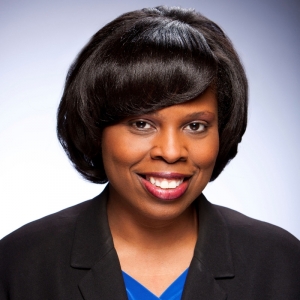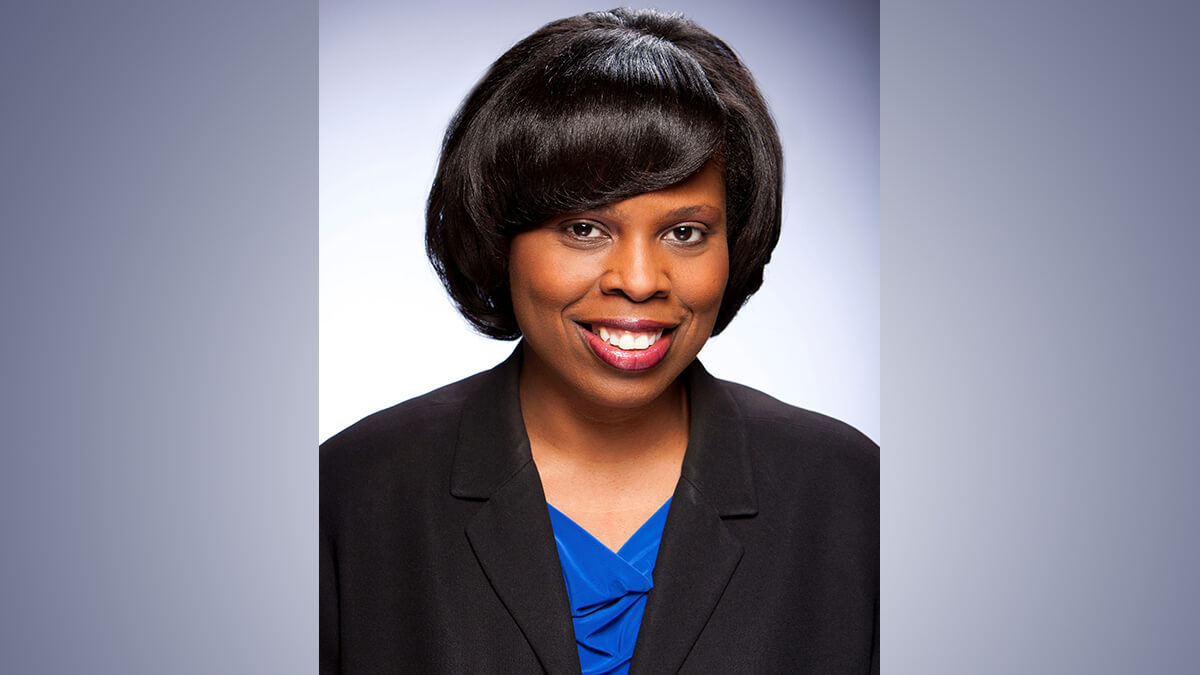Last semester, I sent my son off to college. People who know me will tell you that since my son was small, he’s known that in 2019, he would leave home and start the next phase of his life. My job would be to equip him with the skills he needed to be successful—as a student, as an adult, and as a citizen.

But as his first college semester drew closer and closer, I found that the problems I experienced as a Black, first-generation college student at a predominantly white state school decades ago STILL EXISTED.
I know that raising a young Black man in America is not easy. At various stages in his life we’ve had to prepare him for the hard truths he would face—extra scrutiny in school, being unfairly labeled, and the do’s and don’ts of interacting with police. But I thought when it came to his college education, the road would be smoother because I had the cultural capital my parents did not have.
Or did I?
Growing up in West Tampa, my parents stressed education. They knew it was the key to a better life. It was why I would be bused to the other side of town to “better” schools. But it was hard to appreciate the value of education when waking up and walking to the bus stop before dawn. It was even harder to understand when I was no longer in classes with my friends.
In middle school, I was placed on an honors/college prep track. Suddenly there were even fewer people who looked like me in my classes. I was now the “raisin in the milk” surrounded by classmates who went on family vacations, had sleepovers, wore the trendiest clothes, and had the money to participate in all sorts of after-school activities. I didn’t have a term for it at the time, but I began to act one way in school to fit in and another way at home. I began to “code-switch.” At home, I ate smoked BBQ, Cuban sandwiches, and boiled crabs. At school, I ate the over-processed free lunch. At home, I sang in the gospel choir. At school, I joined the choral ensemble. At home, I played in the street. At school, I joined the volleyball team.
It was during a volleyball practice that I was called a nigger for the first time. I was alone on the track warming up before practice when a truck filled with young white men passed by and yelled “go home, nigger.” As ugly as it sounds, that’s how ugly it felt. It’s not that I hadn’t heard the word before, I just never heard it used as a weapon against me. I didn’t tell my coach. I didn’t tell my teammates. I didn’t tell my parents. I felt that being called a nigger was inevitable as a Black person in America; it was just my turn.
I tucked that experience away and focused on being the best student I could be. I knew the only way I would get into college was with scholarships. I would be the first person in my immediate family to go to college. My older brother and sister had joined the Marines and the Army out of high school. My father had been in the Air Force. My mom worked in a bank. When the time came to apply to college, I relied heavily on teachers and guidance counselors for direction, but they could only do so much. The hardest part of applying was completing the financial aid form. I had to ask my parents about their income. It was an awkward and uncomfortable conversation, but it had to be done. So much HAD to be done. Ultimately, after being accepted into schools both in and out of state, the final decision came down to money. I would go wherever offered the most aid and NO LOANS. I’d seen what predatory lending looked like (I recalled an older white man coming by the house for a monthly loan payment) and I wanted no part of it. Everything would be better for me and my children once I made it through college. That was the goal. Check.
My ability to code-switch made stepping onto the University of Florida campus a lot easier. I lived in an un-airconditioned residence hall with people of all backgrounds, including my white roommate. It was clear she hadn’t been around many Black people, and she had lots of questions about my hair. I wasn’t offended because she wasn’t the first white person to ask, and she definitely wouldn’t be the last. Still, there were other adjustments. The campus was HUGE. There was little guidance on what classes to take or professors to avoid. Thankfully, there was a peer mentoring program for Black students, and my mentor (who eventually became my sorority sister and grad school roommate) helped me navigate the system. Something to keep in mind for my children. Check.
Once I settled in, I loved it. And while I didn’t quite know how, I knew I wanted to help other students like me in my career. I also knew that as a psychology major, I would need a graduate degree. Frankly, no matter the profession, I would always need more as a Black woman in America—more credentials, more work experience, just more. A hard truth, but again a lesson I would share with my children. Check.
Initially, I thought I would become a psychology professor and went to grad school for that purpose. While conducting research for my thesis about two years into my doctoral program, a professor from another department asked me why I wasn’t receiving a certain fellowship awarded to many of the other Black graduate psychology students. I spoke with my advisor at the time (a newly minted Black female tenure-track professor) and she was not aware of the fellowship either.
Upon further investigation, I found out that the department chair decided not to nominate me for the fellowship because he wanted students in his program to be on “equal footing.” He failed to realize (or perhaps he did realize and just didn’t care) that we didn’t come into the program equally. I wasn’t on equal footing with the student whose parents bought her a car and paid for her off-campus apartment. I wasn’t on equal footing with the student who had been a part of the chair’s research group. I wasn’t on equal footing with the students who agreed to be unpaid servers at a professor’s wedding. The fellowship was out of reach based merely on the personal beliefs of the individual in power. Yet another lesson to pass on. Check.
My professional career in student affairs and my research as a doctoral student always centered on working with students of color and helping to increase their opportunities and make their collegiate experiences better. All the prior “checks” would not only come in handy for my children but also for the students I would help as they made their way through college.
But, as I was getting my son off to school, I began to question the value of those “checks.” I was still the “raisin in the milk” in an auditorium full of families attending orientation. I still experienced the pain of the word “nigger” as I saw it spray-painted on an overpass not far from campus. I still felt the pressure to take out a loan as we received my son’s financial aid package. I still felt unsure of where to find help to navigate the painfully disparate student data systems, which seemed unnecessarily complex and time-consuming. I still felt uneasy meeting faculty and staff in my son’s department and not knowing what they might consider “equal footing.”
What I came to realize was this: I should focus on what had changed for the better. My son was featured in a local magazine as a Black Leader of Tomorrow. In it he recounted his life experiences, and I could hear the lessons we taught him in his words: “If there were no racism in America, there would be no need for the Black Lives Matter movement.” But he also recognized a certain level of privilege in living in a college town with two college-educated parents. His LIFE is better. His EDUCATION is better. HE IS BETTER.
My mother would tell me to “COUNT IT ALL JOY” – the good, the bad, and the ugly—because it makes you who you are. And in my 11 years at Lumina, I have never been asked to be anything other than who I am. I am unapologetic in sharing what it’s like to be a Black woman in a white, male-dominated field. I am unapologetic in my efforts to improve educational outcomes for students like me. I am unapologetic in challenging the status quo in today’s postsecondary system. I am unapologetic in focusing on racial equity in my work.
And what keeps me at Lumina is knowing that my UNAPOLOGETIC ways are not just HEARD, they’re VALUED.
